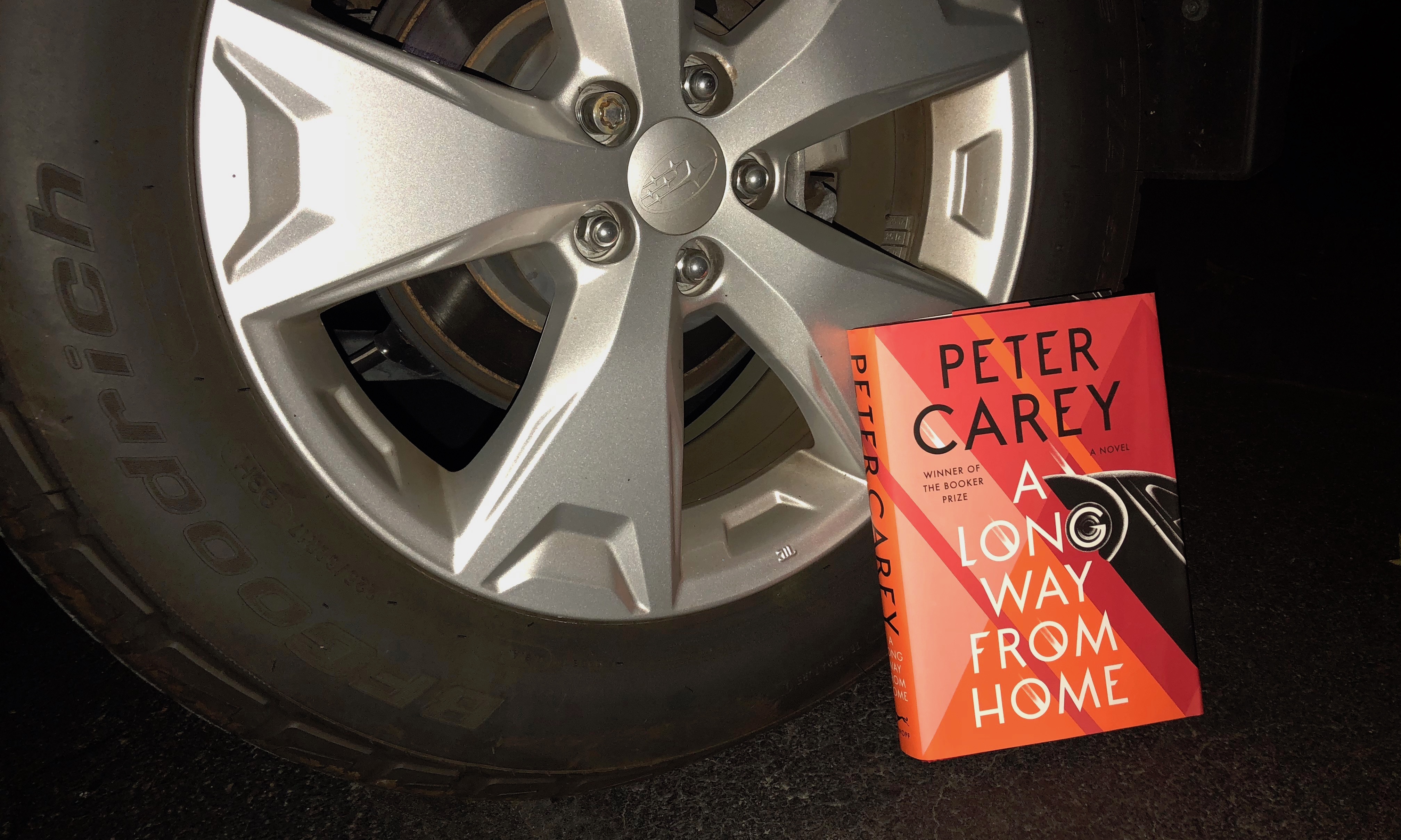a bookclique pick by Mela Frye
Set in 1954 Australia, this delightful escapade of a novel follows Titch and Irene Bobs, a young married couple who compete in the infamous Redex Trial, in which drivers circumnavigate the continent in ordinary cars for a monetary prize and instant glory. Their chosen navigator is their bachelor neighbor, Willie Bachhuber, a former quiz show champion and high school teacher, fired for dangling a boy out of a window. Along their journey across killer country, flooded creeks, and roads two feet deep in dust, with little more than a spare fuel tank and their own wits, this trio must face their own relationships, as well as their country’s criminal past and current racial divide. At times I found the novel almost jerky, so spirited that I was certain I must have missed or misread a scene. At other times, I was quick to laugh. Then as quickly moved to tears.
The novel alternates between Irene and Willie’s perspectives, and one of the most powerful moments occurs in an Irene chapter. She, leaving the road to find a private spot to relieve herself, stumbles upon a mass Aboriginal burial site. Impulsively maternal, she takes a child’s skull, which she then keeps in a box on their continued journey. What eventually becomes of this skull–and what it comes to symbolize–is as moving a transformation as I’ve read in a novel in many years. Peter Carey, a two-time Booker Prize winner, bears resemblance to Toni Morrison for me here in both his deftness and unflinching presentation of the past’s relentless haunting of the present.
In no character, however, is this analogy of individual to country clearer than in Willie. As he inevitably awakes to his own racial identity, readers behold within him an entire nation still coming to terms with written records and underground secrets, with colonization and ethnic cleansing. “Smiles and apologies,” Willie remarks towards the end of the story, “did not buy love.”
A quirky, romping, and often, I confess, disorienting novel, A Long Way from Home, seems an important read for our times. More and more, we white Americans must answer the call to examine our own whiteness–to venture again and again from the comfort of home, carrying the bones of our ever-present past.

